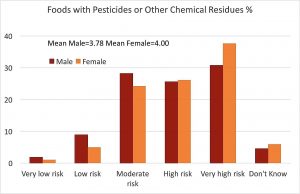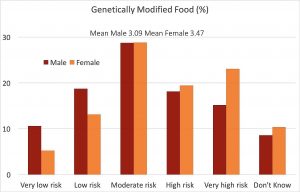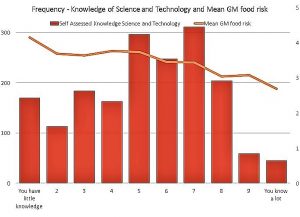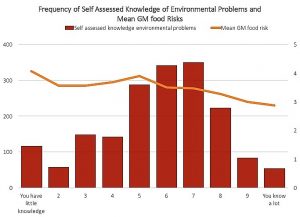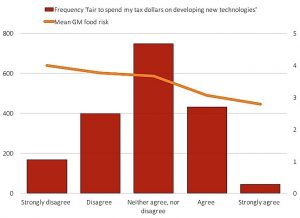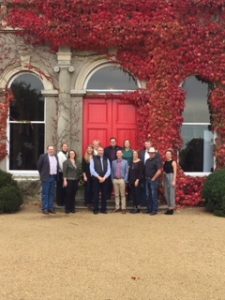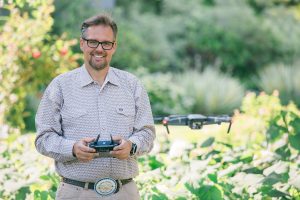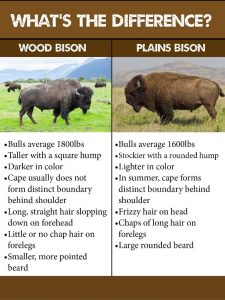The 2019 update of Canada’s Food Guide has been out for about a month. In that time, it has been both praised as better reflecting today’s lifestyles and sustainability issues, and reviled as insufficiently reflecting Canada’s demographic diversity.
“Certainly, the new Food Guide has some great concepts,” says Tom Lynch-Staunton, Alberta Beef Producers’ Government Relations and Policy Manager. “The proportions of fruit and veg versus protein and grains… absolutely, that’s appropriate.”
Where the livestock sector differs is that the Guide over-emphasizes plant-based protein—on a plate that’s already three-quarters full of plant-based items.
“We think that could be misguided,” says Tom. “Plant proteins don’t have the same nutritional profile as animal protein. Meat contains all the essential amino acids; plants don’t. Vitamin B12 only comes from animal protein, unless supplemented in other foods. And iron from red meat is much more bioavailable than plant-based iron.”
The beef sector is concerned that animal protein and plant protein are made to look equal. However, certain demographics (children, seniors, pregnant women, athletes, etc.) need extra nutrients that they may be substituting out with plant protein without realizing that they may be inviting deficiencies. Milk is an obvious example.
“If you give your children soy milk instead of cow’s milk, thinking it is the same, they probably won’t grow the same way,” says Tom. “You have to compare the nutrient profile! That’s the missing piece.”
Tom would have preferred the Guide to recognize that milk, meat and eggs are highly nutritious but that if people don’t want to eat them… here (the missing piece, perhaps advice from a dietician) is how to get equivalent nutrition that meets their needs from alternatives. You can’t just tell people to replace meat with lentils and be done with it.”
Alberta Beef Producers isn’t really worried that Canadians will switch to tofu by the thousands and drive it out of business. True, Canadians are eating less beef, but the developing world is increasing its consumption as the quality of life in those countries improves.
Instead, it is positioning beef consumption as a complement to other foods in smaller amounts. A 180-degree shift from the more familiar steak. That might mean adding a few slices of beef to a salad high in Vitamin C to better absorb the iron from the beef, which can increase the bioavailability of the iron from the spinach as well. Alberta Beef Producers is also positioning beef as a nutrient-dense food to those demographics who need the extra nutrients, and trying to reconnect consumers back to where beef comes from… how it’s grown and the environmental benefits of raising livestock, especially on land that is not suitable to grow crops. There are lots of misconceptions out there.
“Of course, we want people to eat beef and drink milk,” says Tom. “There’s an economic value that infers bias. And, of course, we wanted to be consulted on the Guide but Health Canada was trying to keep bias out of the mix. Bottom line? That’s irrelevant. What IS relevant is how the Guide improves the health of Canadians. So the question is: how much (nutritious) meat can you eat to complement other items on the plate. That’s the balance we’d like to see.”

